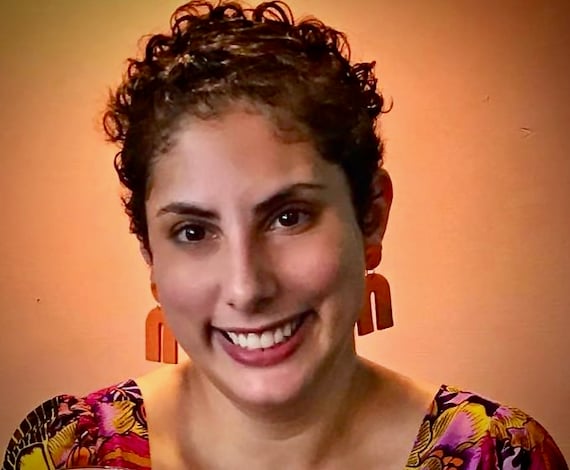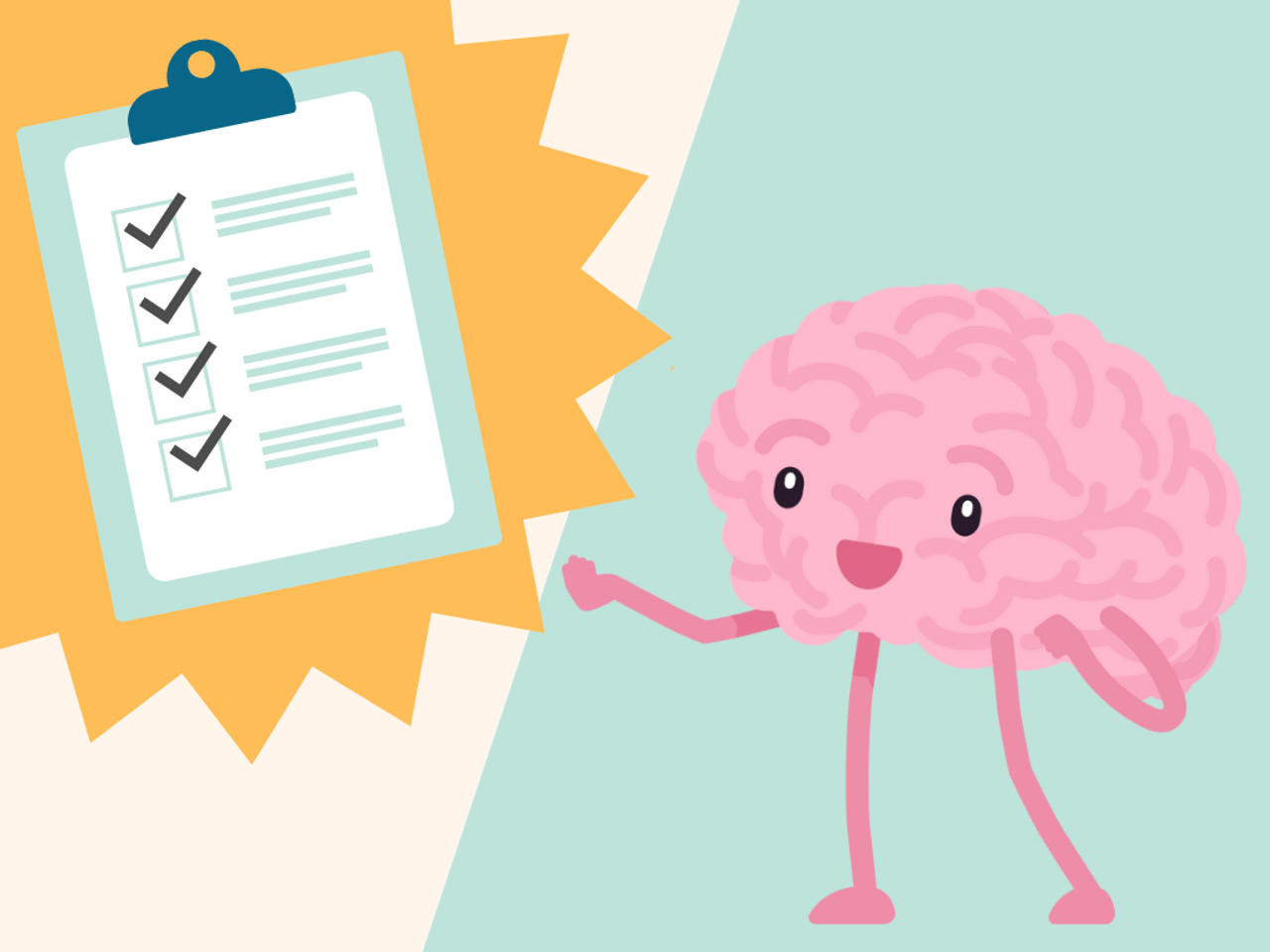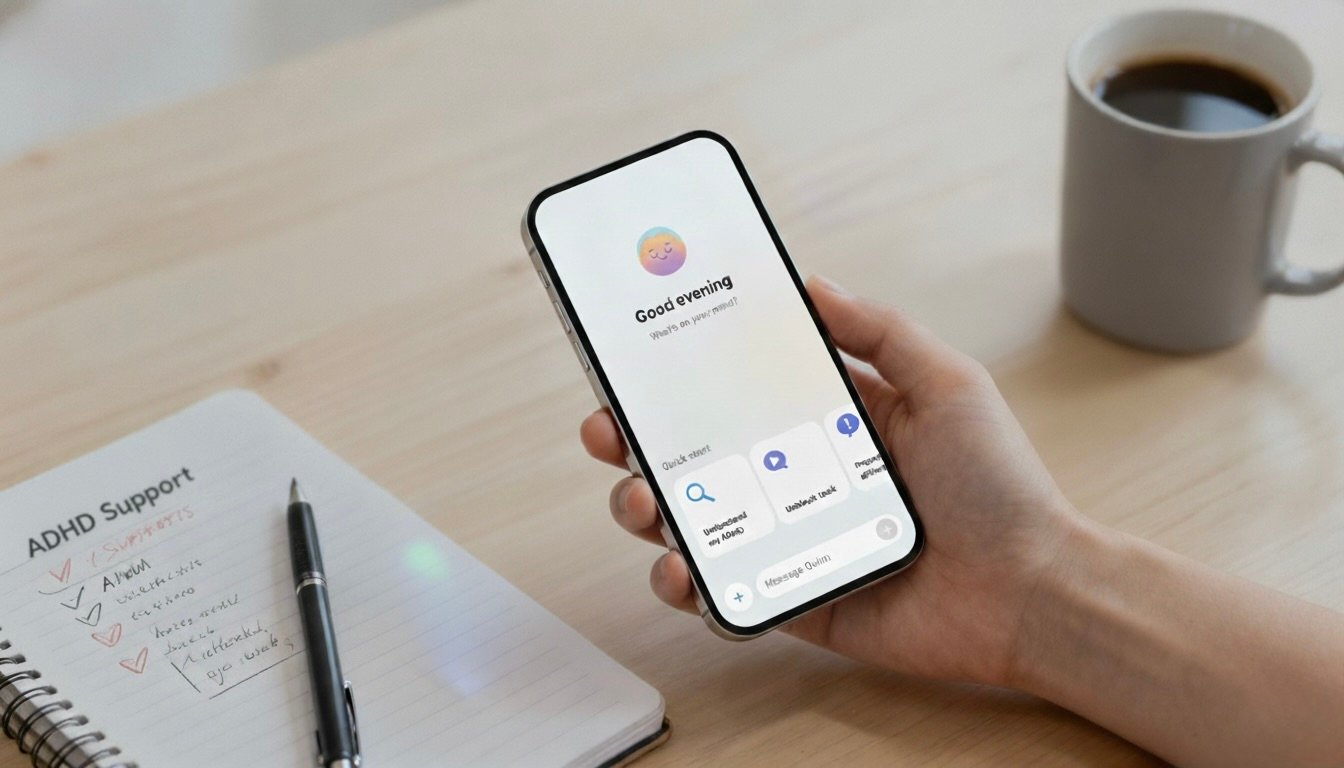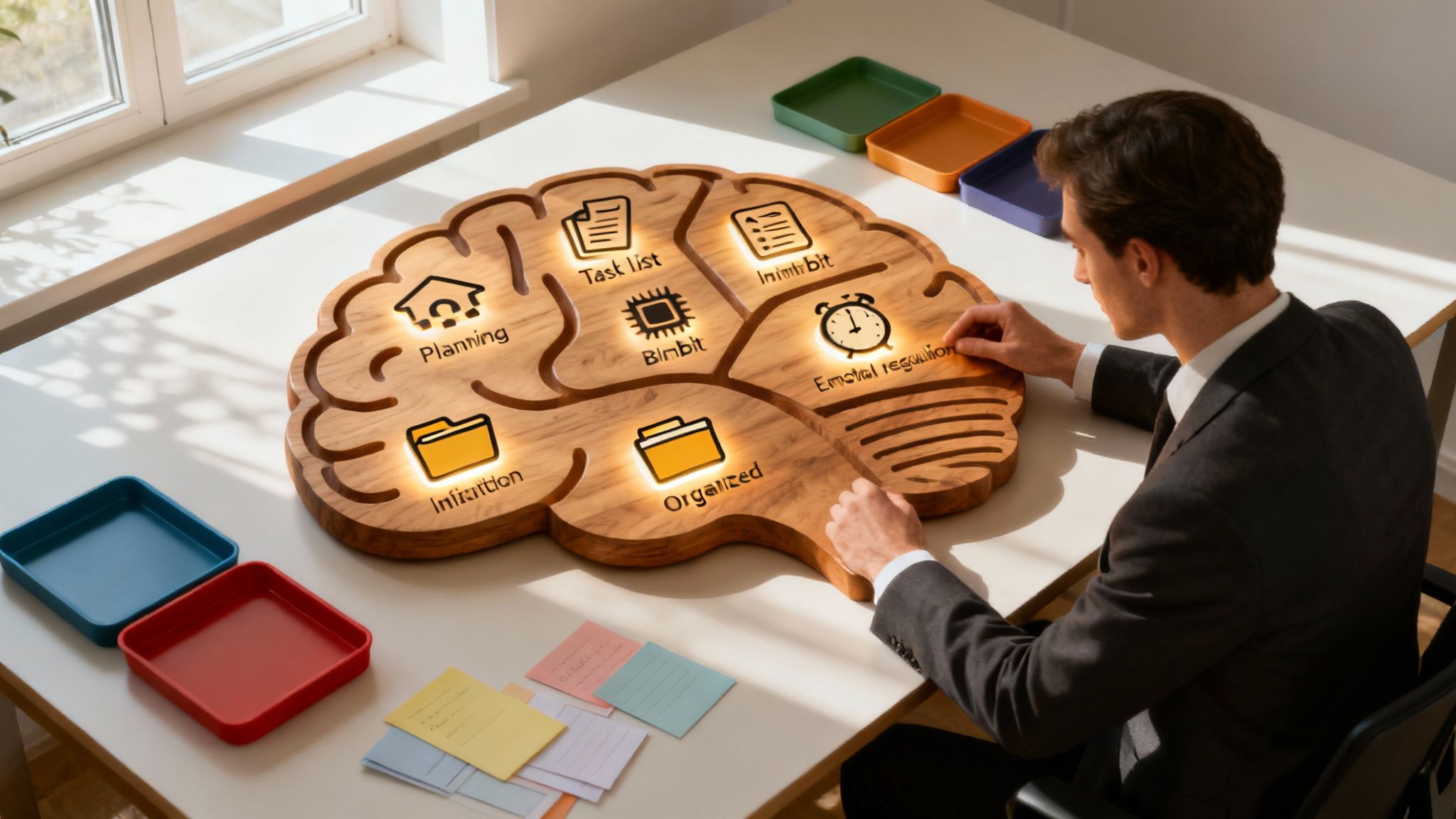ADHD used to be seen as something that mostly affects boys. Because of this, many girls, women, and people who are AFAB (assigned female at birth) with ADHD have gone undiagnosed for decades. But in recent years, those who were lucky enough to be diagnosed have started sharing their experiences on social media.Some of these experiences cover general ADHD symptoms that seem like they could apply to anyone. After all, who doesn't have a hard time completing their to-do list or motivating themselves to do things that kinda suck? But more niche ADHD experiences – like making doom piles, difficulty hearing, or frequent hobby-jumping – might make you start to suspect you also have ADHD.
If you decide to seek an official diagnosis, your doctor will want to know what makes you think you have ADHD. Especially without or before a diagnosis, learning how ADHD affects your life can be a powerful tool for self-acceptance, self-advocacy, and developing coping strategies. To help you understand your ADHD, we've made a list of symptoms and how they often manifest in the lives of women with ADHD.
⚕️ Medical Disclaimer: This article is intended for educational purposes only. It should not be considered a substitute for professional medical advice. It is recommended to consult with a qualified healthcare professional for personalized guidance, accurate assessment and diagnosis, and appropriate treatment. The symptoms listed in this article do not reflect official diagnostic criteria for ADHD or related conditions. Individual experiences vary significantly, so seeking a comprehensive evaluation from a healthcare professional is crucial for accurate interpretation. Use this information at your own discretion.
Too long; didn't read
- This is a guide to help women self-assess whether they have ADHD.
- ADHD affects people in a variety of ways. Never getting around to sending thank-you notes, forgetting good friends' birthdays, or struggling to keep up with household chores are just three of many.
- Widespread misconceptions about ADHD mean that people who don't fit the ADHD stereotype are in danger of staying undiagnosed or even misdiagnosed with a mood disorder rather than ADHD.
Why does ADHD go undiagnosed in girls and women?
Between 2016 and 2019, only 6% of girls had ever received an ADHD diagnosis, compared to 13% of boys. However, the percentage of girls diagnosed with ADHD is almost certainly much lower than that of girls who have ADHD.
This gender gap in ADHD diagnoses may be the result of several factors known as referral biases1:
- Girls with ADHD are more likely to present with symptoms of inattention rather than hyperactive/impulsive symptoms, which are more noticeable and disruptive in classrooms, leading to more referrals by teachers.
- Girls have greater levels of "internalizing symptoms," including anxiety and depression, often resulting in misdiagnosis.
- Parents perceive so-called 'feminine' ADHD symptoms as less problematic.
- Parents and teachers may mistakenly believe ADHD is primarily a "male" disorder.
- The diagnostic guidelines for ADHD, which have changed very little, are based on symptoms observed in boys.
Adult ADHD symptom checklist for women
Note: The following symptom inventory is not a verbatim reprinting of the official ADHD diagnostic criteria and shouldn't be viewed as such.
Executive functioning difficulties
'Executive functioning' is an umbrella term for a set of skills critical to successfully functioning in daily life — think of them as your brain's air traffic control system. Challenges with executive functions are called — wait for it — executive dysfunction.
Executive dysfunction symptoms in people with ADHD
- Motivating yourself for a task you're not interested in is almost impossible. - Taxes, amirite? Why can't I just do them?
- You have trouble shutting out distractions when it's time to focus - What's that noise? Am I the only one hearing this? Goodness, why can't he just breathe quietly?
- You find it hard to control your impulses and often do or say things you later regret.
- You have difficulty following directions. - Wait, did he say turn right after the fountain or before? Seriously, I don't know how people got anywhere before Google Maps.
- You struggle with disorganization. - But people know better than to touch any of your doom piles…
- You have problems with planning ahead and meeting goals. - I can't even imagine where I'd like to go on vacation in three months; why would anybody ask me for a 5-year-plan?
- Your working memory leaves something to be desired. - Oh no, what did she say her name was? The moment to use "not understanding acoustically" as an excuse has definitely passed…
Inattention, focus, and distractibility
Women often exhibit more internal symptoms like inattention and forgetfulness. The predominantly inattentive type (aka ADHD-PI), the ADHD subtype more common in women, is less noticeable to an outside observer: It might look like a daydreamer booking tickets for the wrong month, forgetting to RSVP to significant events, or never returning library books on time.
As such, the inattentive ADHD subtype is much more likely to be overlooked or misdiagnosed, and "females with ADHD problems that manifest as predominantly inattentive symptoms and lower levels of disruptive behaviors may be less likely to receive a diagnosis of ADHD."2
Signs of inattention and impaired concentration in women
- You forget to wish loved ones a happy birthday — even with Facebook reminders!
- You're perpetually behind on your laundry. Forever re-washing the same load of laundry, anyone? My record is four times, how about you?
- You're often late for appointments or miss them completely.
- Or, if you're great at keeping up with appointments, it's because you obsessively check your calendar and set several reminders.
- You live in a state of organized chaos - emphasis on chaos.
- You often zone out of conversations. - "Well, they did mention honey, so I thought of bees, then wildflowers - gardening, my allotment, the year of too many zucchinis, so, of course, I'm now thinking about getting into canning."
- You struggle to remember details about your friends, like their partner's name or what they do for a living.
Impulsivity and hyperactivity
Even in 2023, the ADHD stereotype of a little boy bouncing off the walls is alive and well. Contrary to popular belief, hyperactivity is not the most common presentation of ADHD; it's just the most obvious one — especially if boys and men exhibit it. Women and AFAB people can be hyperactive and impulsive, but the symptoms often manifest differently.
Hyperactive and impulsive symptoms in women with ADHD
- You talk LOTS and fast.
- You tend to interrupt others during conversations or finish their sentences.
- You can become obsessed with your interests and hobbies — and frequently develop new ones.
- You find it difficult to sit still when you're expected to (like in work meetings), so you may have found discreet ways to move: doodling, playing with hair or jewelry, leg-bouncing, curling your toes inside your shoes, or being the first to offer to get something from another room…
- When you're motivated and able to work your way through your to-do list, you overdo it and end up physically exhausted.
- You're a serial binge-watcher or impulse-shopper (or both).
- You say yes to everything that sounds interesting in the moment without considering how much time and energy you'll actually have.
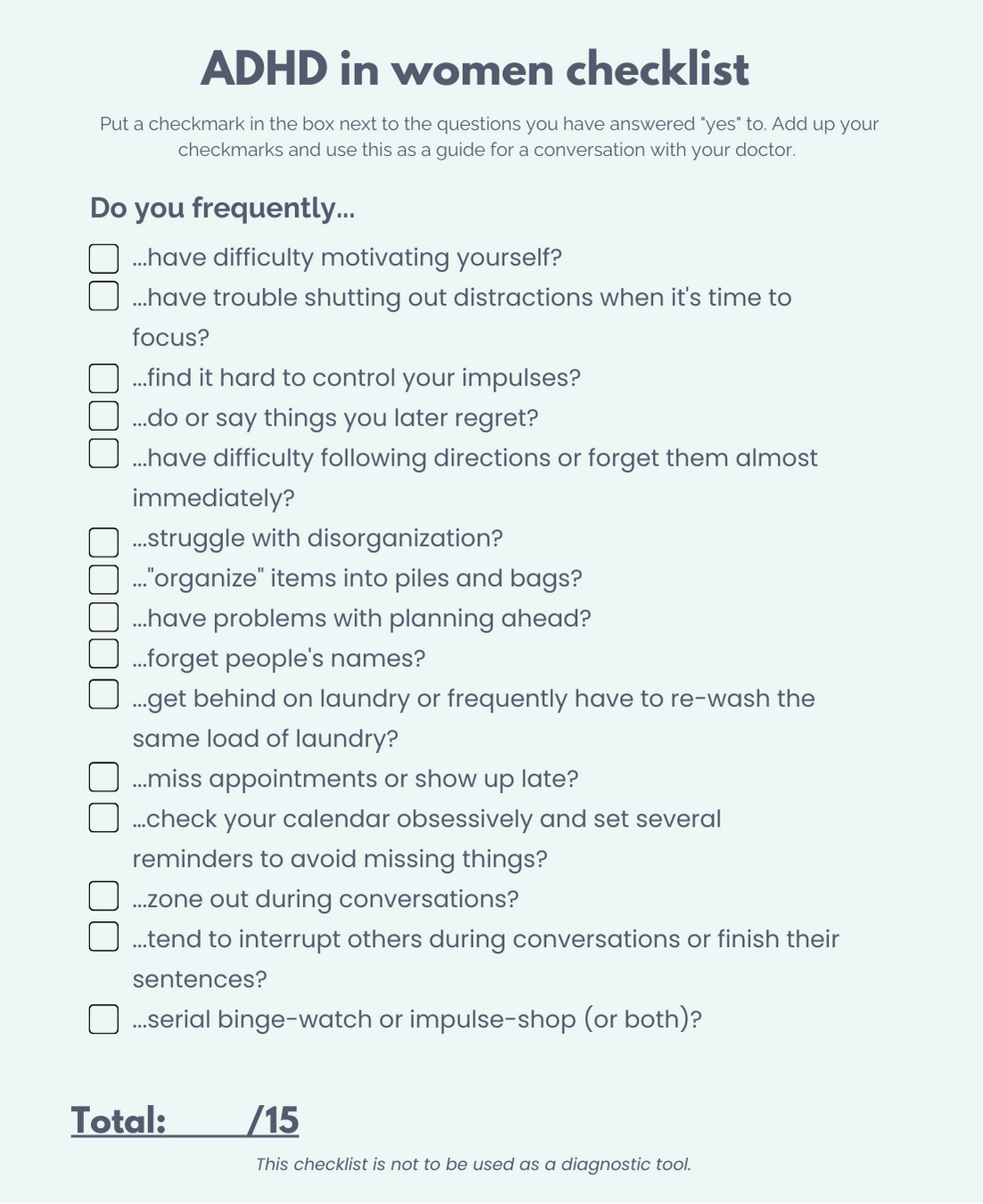
Emotional dysregulation
If you (suspect) you have ADHD, chances are you've been told you're "too sensitive" or "overly emotional" more than once in your life.
You're not alone: ADHD (and other conditions, e.g., autism, depression, or PTSD) affects the intensity of our emotions and how well we can regulate them. While it isn't included in the DSM-V as a symptom of ADHD, as many as 70% of ADHD adults struggle with emotional dysregulation.3
Signs of dysregulated emotions in ADHD adults
- You're highly sensitive to rejection, even if it's just anticipated or perceived rejection.
- You're easily offended and sometimes misinterpret feedback as criticism.
- You get frustrated or angry quickly, even at seemingly minor inconveniences.
- During an argument, you tend to lash out at others.
- Your mood can change drastically and often, surprising yourself as much as the others around you.
- You spontaneously feel like you're about to cry.
- Intense emotions can feel utterly overwhelming, to the point of causing physical pain.
Childhood experiences and overlooked ADHD symptoms
Even if you didn't suspect that you might have ADHD until now, that doesn't mean you haven't had ADHD all along. Think back — do any of these symptoms apply to your childhood self?
Commonly overlooked signs of ADHD in girls and teenage girls
- You'd repeatedly get caught not listening when called on.
- You frequently forgot to bring homework to or from school.
- You may have received report cards that read like this:
"Does well in subjects she's interested in. If only she applied herself more in [insert subject that bored you]."
"She's great at reading but lacks patience for periods and commas, let alone other slower students."
- You had trouble making and holding onto friends.
- You found it impossible to tidy your room — let alone KEEP it that way.
- You appeared to be a perfectionist when in reality, you had to work harder so you wouldn't fall behind.
Additional ADHD symptoms and behaviors to consider
The symptoms of ADHD can manifest in a variety of other ways for people of any gender.
Signs of ADHD in everyday life
- You've been involved in — and at fault for — a car accident or two (or three…or four…)
- You misplace or lose things like keys, wallets, phones, or things that are valuable or meaningful to you.
- You forget to cancel memberships before the end of the free trial period. And then continue to pay for them for months…
- You struggle to sit through movies, concerts, or plays — no matter how much you've been looking forward to them.
- You have a habit of taking on too many tasks at once.
- You can come on too strong in new relationships because you may be hyperfocused on the person or want to share all your enthusiasm about a certain topic you're into.
- Speaking of hyperfocus: You may tend to fall into research rabbit holes and fail to notice when others are trying to talk to you.
- Alternatively, you might info-dump everything you've just learned on the other person when they only wanted to know if you'd join them for dinner.
Just discovered your ADHD and trying to catch-up? The Inflow app can help. With learning modules on topics like ADHD & Women and a huge community of ADHDers, Inflow can help you get a running start on your journey toward self-acceptance. Get started today!
Now what?
If the examples here resonated with you or made you feel seen, you might wonder where to go from here. You may want to pursue an official diagnosis and treatment, or you might need to take a bit more time to reflect on your experiences and how ADHD fits into them.
It's important to recognize that not everyone has access to diagnosis and treatment. There are still plenty of strategies you can use to manage your ADHD.
Seeking help and treatment options
If you can access medical care, don't hesitate to speak with someone about your self-assessment and seek a formal diagnosis. Because with diagnosis comes self-acceptance, game-changing treatment, and a chance to live your best life moving forward. Given how widespread the stereotypes about ADHD are, it's important to find someone experienced in adult ADHD to assess you.
For many ADHDers, psychotherapy can be beneficial, especially in combination with medication. One common form of therapy used to treat ADHD is cognitive behavioral therapy (CBT).
Resources for women with ADHD
Whatever your circumstances, learning more about ADHD and understanding how your brain works is incredibly helpful in figuring out approaches that work with your brain rather than against it. As they say: Knowledge is power. Finding community with other neurodivergent people who 'get it' can also be a fantastic source of comfort and motivation.
🧠 Want to learn more about the unique challenges women with ADHD face?
- Check out our blog section on women and ADHD.
- The Inflow app module "ADHD in women and girls" includes lessons on self-acceptance, people-pleasing, overcoming your fear of rejection - and more.
Books
- ADHD According to Zoë: The Real Deal on Relationships, Finding Your Focus, and Finding Your Keys by Zoë Kessler
- Women with Attention Deficit Disorder: Embrace Your Differences and Transform Your Life by Sari Solden
- Understanding Women with AD/HD by Kathleen Nadeau and Patricia Quinn
Web
- The subreddit r/adhdwomen
- "ADHD in Girls and Women," a TEDx talk by Martha Barnard-Rae
- "Women and girls with ADHD," a short informational film produced by Knowable Magazine
Sources
1 Psychiatry Research | Do different factors influence whether girls versus boys meet ADHD diagnostic criteria? Sex differences among children with high ADHD symptoms (2019)
2 American Psychiatric Association | Diagnostic and Statistical Manual of Mental Disorders, 5th edition. Arlington, VA., American Psychiatric Association (2013)
3 Child Adolesc Psychiatry Ment Health | Emotion dysregulation in ADHD and other neurodevelopmental conditions: a co-twin control study (2022)

